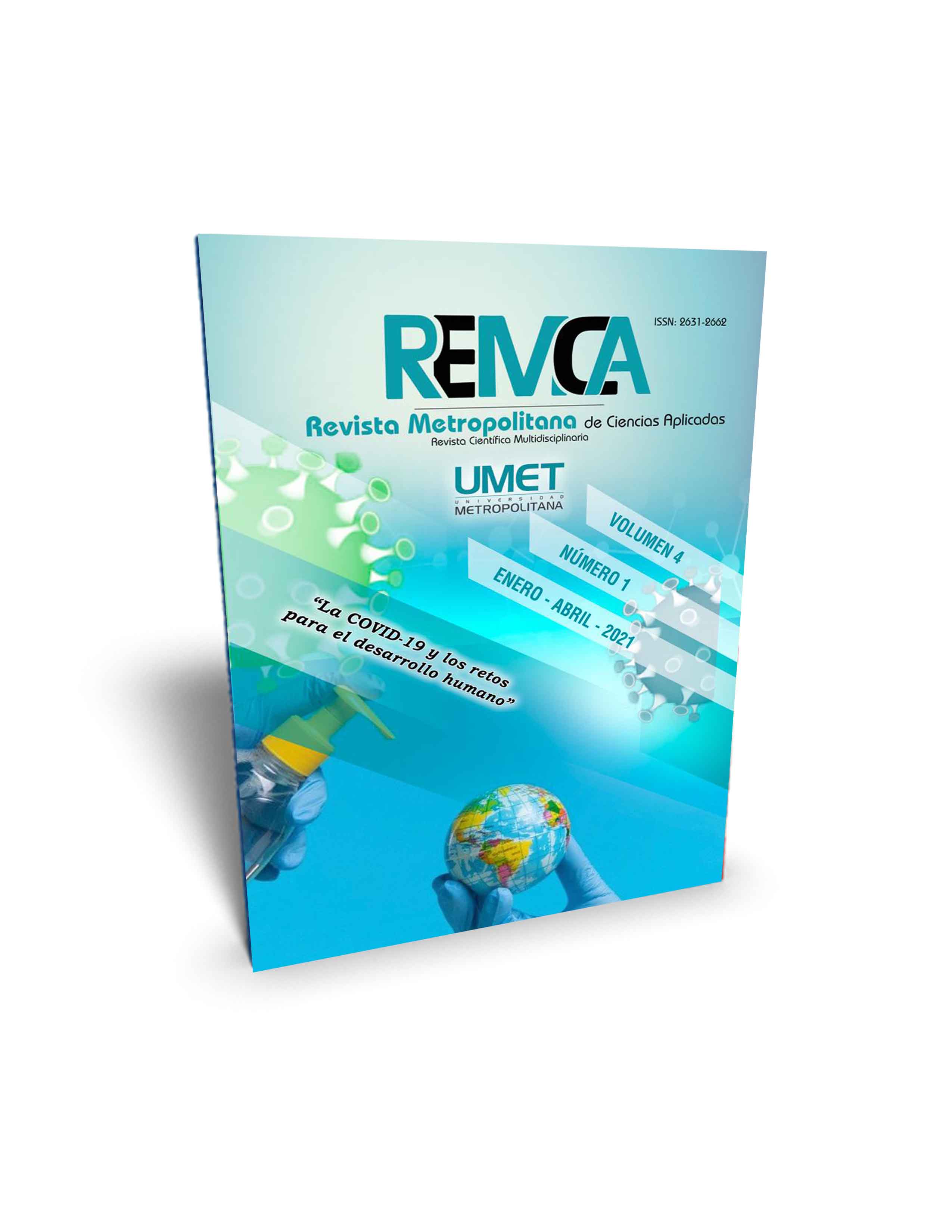Effectiveness in managing accounting honesty in a public entity in the north region of Piura
DOI:
https://doi.org/10.62452/vegtb454Keywords:
Efficiency, transparency, administrative actions, reasonablenessAbstract
The development of the study had as general objective; establish mechanisms to make accounting accounting effective in a public entity in the North Region - Piura 2020, using a descriptive, non-experimental methodology, its population being 25 collaborators, thus being a non-random sample, among the data collection techniques the They surveyed the purpose of analyzing the problem. Being its main conclusions that sometimes with 72% the technical committee is formed and with regard to policies they consider having knowledge of it sometimes with 48% which reflects that compliance with the accounting sincere is carried out incorrectly, and therefore, each of the guidelines established for its initiation must be taken into account.
Downloads
References
Bairral, M., Coutinho, A., & Santos, F. (2015). Transparência no setor público: uma análise dos relatórios de gestão anuais de entidades públicas federais no ano de 2010. Rev. Adm. Pública, 49(3), 643-675.
Contreras, C. R. (2018). Sinceramiento del efectivo y equivalente de efectivo de la municipalidad provincial de Cajambaba - 2018. (Tesis de Pregrado). Universidad Señor de Sipán.
Espinoza, C. (2017). Transparencia y acceso a la información en la gestión pública municipal Metepec y Zinacantepec Estado de México: 2009-2015. (Tesis de maestría). Universidad Autónoma del Estado de México.
García, J., & González, J. (2019). La implantación del Coste Efectivo en las entidades locales españolas: análisis del trabajo institucional en un estudio de caso. Revista De Contabilidad - Spanish Accounting Review, 23(1), 75-90.
Jiménez, R. (2017). Saneamiento contable de los activos fijos y su influencia en la situación financiera de las instituciones públicas del Perú: caso universidad nacional de Trujillo, 2016. (Tesis de pregrado). Universidad Católica los Ángeles de Chimbote.
Navarro, J. (2016). Sinceramiento. Definición ABC. https://www.definicionabc.com/politica/sinceramiento.php
Organización para la Cooperación y el Desarrollo Económico. (2016). Making development co-operation more effective. OECD Publishing.
Perry, G., Saavedra, V., Cepeda, F., Hernández, A., Pachon, M., Ungar, E., Zuleta, M. M., Medellín, J. C., Conde, F., Newman, V., Ángel, M.P., Dávila, M. X., Villadiego, C., & Hernández, J. S. (2018). Lucha integral contra la corrupción en Colombia. Fedesarrollo.
Reis, A., & Nascimento, C. (2020). O papel da auditoria interna na promoção da accountability nas Instituições de Ensino Superior. Revista de Administração Pública, 54(2).
Ríos, J. (2015). La contabilidad gubernamental como una contribucción a la sociedad cubana. Caribeña de Ciencias Sociales, 23-24.
Saldarriaga, E. (2015). Impacto del proceso de saneamiento contable en la rendición de cuentas. Obtenido de Ministerio de Economía y Finanzas. http://www2.congreso.gob.pe/sicr/comisiones/2014/com2014precuegenrep.nsf//pubweb/39E714CD5539182705257DF900819768/$FILE/D_G_CONTABILIDAD_PUBLICA_SANEAMIENTO_CONTABLE_AL_12-02-2015.PDF
Shewbridge, C., & Fuster, M. (2019). Constructive accountability transparency and trust between government and highly autonomous schools in Flanders. OECD.
Soncco, N. (2019). Evaluar la importancia del sinceramiento contable en los saldos de los estados financieros de la Municipalidad Distrital de Crucero en el periodo 2016. (Tesis de pregrado). Universidad Peruana Unión.
Valencia, D., & Karam, V. (2015). Accountability, rendición de cuentas y controles a la administración. Opinión Jurídica, 15(29), 1-22.
Vélez, S. C. (2016). Nueva y posnueva gestión pública. ¿Continuidad o ruptura de las doctrinas de reforma a partir de 1990? Admnistración & Desarrollo, 46(1), 100-125.
Vera, E. (2017). La fiscalización pública del presupuesto y la construcción de la rendición de cuentas. Estudio comparativo de dos sistemas complejos: Alemania-Estados Unidos de América (2000-2010). (Tesis de Postgrado). Universidad Complutense de Madrid.
Downloads
Published
Issue
Section
License
Copyright (c) 2021 Araceli Smik Gonzáles Paúcar, Letty Angélica Huacchillo Pardo, Carlos Antonio Angulo Corcuera (Autor/a)

This work is licensed under a Creative Commons Attribution-NonCommercial-ShareAlike 4.0 International License.
Authors who publish in Revista Metropolitana de Ciencias Aplicadas (REMCA), agree to the following terms:
1. Copyright
Authors retain unrestricted copyright to their work. Authors grant the journal the right of first publication. To this end, they assign the journal non-exclusive exploitation rights (reproduction, distribution, public communication, and transformation). Authors may enter into additional agreements for the non-exclusive distribution of the version of the work published in the journal, provided that acknowledgment of its initial publication in this journal is given.
© The authors.
2. License
The articles are published in the journal under the Creative Commons Attribution-NonCommercial-ShareAlike 4.0 International License (CC BY-NC-SA 4.0). The terms can be found at: https://creativecommons.org/licenses/by-nc-sa/4.0/deed.en
This license allows:
- Sharing: Copying and redistributing the material in any medium or format.
- Adapting: Remixing, transforming, and building upon the material.
Under the following terms:
- Attribution: You must give appropriate credit, provide a link to the license, and indicate if any changes were made. You may do this in any reasonable manner, but not in any way that suggests the licensor endorses or sponsors your use.
- NonCommercial: You may not use the material for commercial purposes.
- ShareAlike: If you remix, transform, or build upon the material, you must distribute your creation under the same license as the original work.
There are no additional restrictions. You may not apply legal terms or technological measures that legally restrict others from doing anything the license permits.




